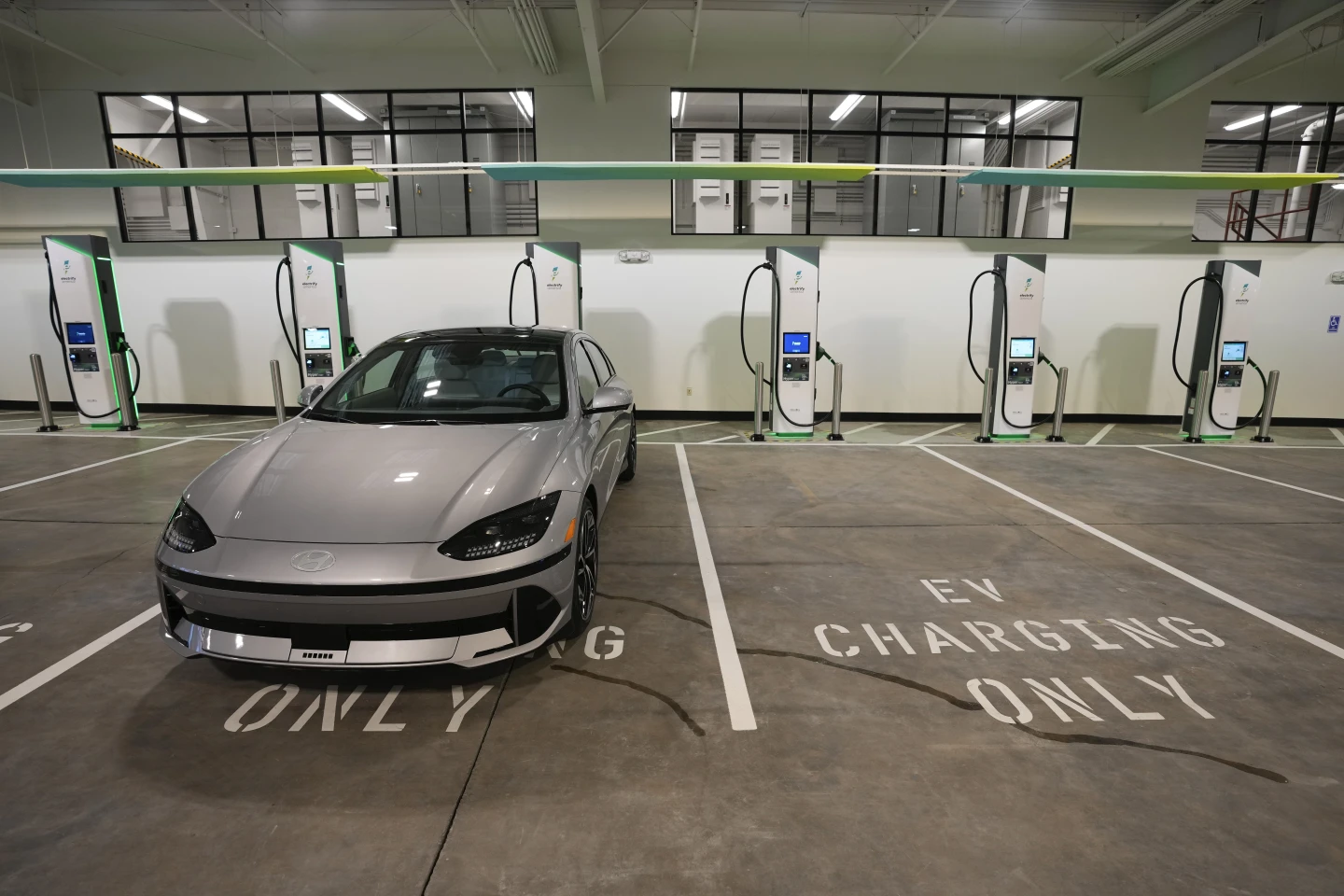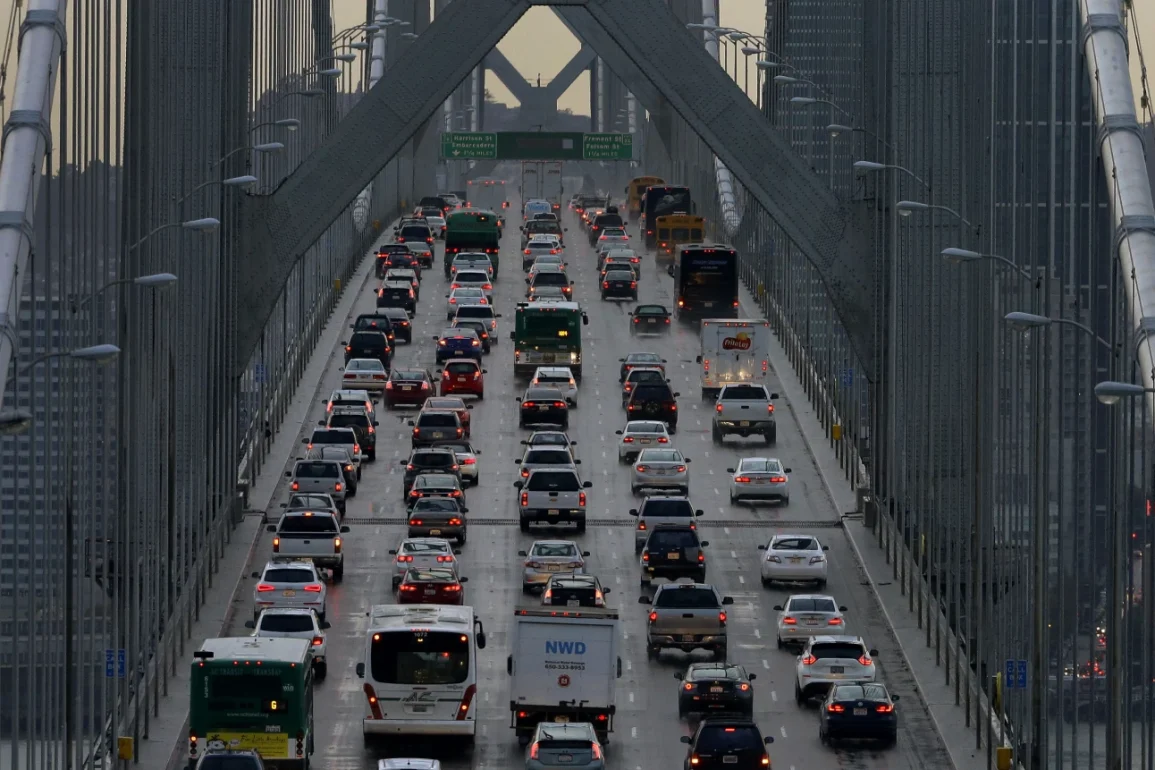The Senate voted on Thursday to stop California’s rule that would ban the sale of new gas-powered cars by 2035. This rule was the strongest effort in the country to move toward electric vehicles, but President Donald Trump’s administration has focused more on supporting fossil fuels.
The Senate approved a resolution that now goes to the White House, where Trump is expected to sign it, along with two other resolutions aimed at blocking other California rules. The House already passed these three resolutions earlier this month.
This move by Republicans could strongly affect California’s long-standing goals to reduce air pollution. It came right after Senate Republicans made a new rule change to get around the filibuster and take action on this issue.
California makes up about 11% of the U.S. car market, giving it influence over which kinds of vehicles are popular. Cars and trucks are among the biggest sources of emissions that contribute to climate change.
California Governor Gavin Newsom and the state’s air regulators say what Congress is doing is illegal, and they will probably sue to defend their rules.
The other two resolutions would stop California rules meant to lower emissions from medium- and heavy-duty vehicles and reduce nitrogen oxide pollution from trucks. Democrats argue that Republicans are siding with the oil and gas industry, and say California has the right to create its own standards after getting special permission from the Environmental Protection Agency.
Republicans say banning gas-powered cars and giving California waivers from the EPA raises costs for both buyers and car makers, puts stress on the power grid, and creates an unofficial rule that affects the whole country.
“The waivers in question allow California to implement a stringent electric vehicle mandate, which – given California’s size and the fact that a number of other states have signed on to California’s mandate – would end up not just affecting the state of California, but the whole country,” said Senate Majority Leader John Thune, R-S.D., before the vote.
Newsom, a Democrat, first shared the plan in 2020 to stop the sale of new gas cars within 15 years to cut down on pollution from transportation. Used gas-powered cars and plug-in hybrids would still be allowed.
The Biden administration approved California’s waiver to enforce the rules in December, shortly before Trump returned to office. California’s standards are stricter than a separate rule made during Biden’s time in office, which only tightens emissions limits without requiring electric car sales.

When Biden’s EPA approved California’s rules, it said those against the waiver did not prove that the rules or a related rule for larger vehicles went against the Clean Air Act.
On Wednesday, Republicans voted in a way that changed how the Senate handles EPA waivers. This allowed them to approve the resolutions with a simple majority, rather than needing 60 votes like usual for legislation. The Senate parliamentarian and the Government Accountability Office agreed that California’s rules did not fall under a law that lets Congress overturn certain federal rules, so Republicans used this new method to move forward.
Democrats opposed the rule change, saying it was another attempt to weaken the filibuster. Both parties have used their power in recent years to lower the number of votes needed in some cases, especially for nominations. In 2022, Democrats tried to change the filibuster for laws, but some members of their own party didn’t support that move.
Republicans had said they wouldn’t use this kind of strategy after regaining control. But Senate Democratic leader Chuck Schumer of New York said blocking California’s laws marked a serious turning point and called the Republicans “fair-weather institutionalists.”


